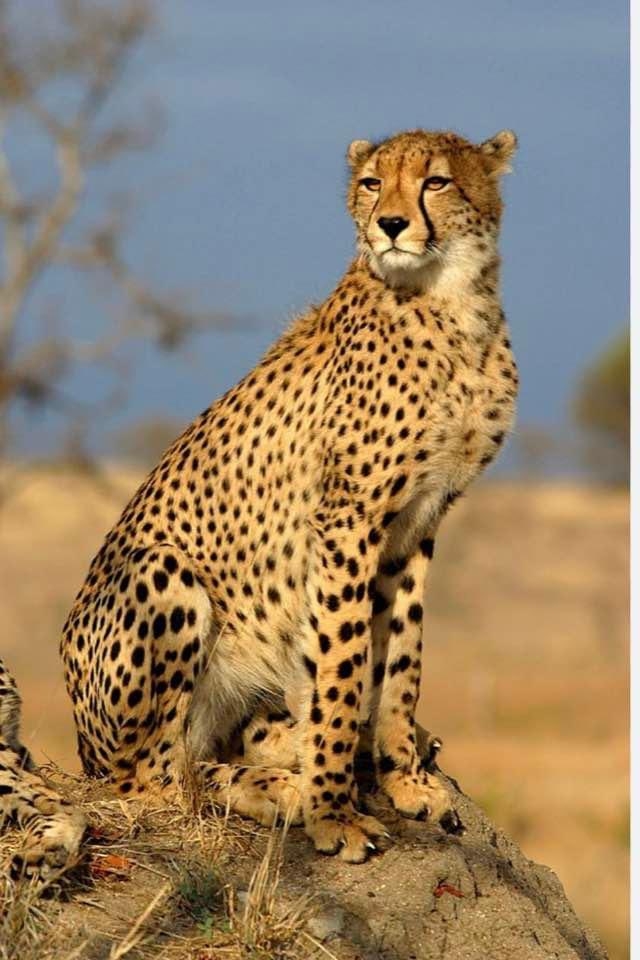Bhopal, July 18 (IANS) The Union Environment, Forest and Climate Change Ministry maintains that five adult cheetahs at Madhya Pradesh’s Kuno National Park (KNP) died of natural causes though wildlife experts in the state suspect that the two most recently-deceased male cheethas – Tejas and Suraj – suffered maggot infections due to their radio collars (fitted with GPS).
It has also claimed that at least three more cheetahs at Kuno are suspected to have suffered due to their radio collars, and the problem has brought the Forest officials associated ‘Project Cheetah’ on their toes.
Both Tejas and Suraj, which died last week, had similar organ damage.
As per experts, while the radio collar may not be the fatal issue, it can be a contributing factor and it must be addressed.
Madhya Pradesh’s former Chief Principal Conservator of Forest, Wildlife, Alok Kumar, says the radio collar-caused injuries came as a challenge for the Wildlife and Forest Department, but it’s not the the first time.
The radio collars can cause injuries to the animals during jumping and running or infighting, and the cheetahs have softer body in comparison to the tigers, he said.
“I have come across at least two such cases during my service period when radio collars caused injuries to the tigers. Especially, during the rainy season, there are more possibilities of injuries due to radio collars. Animals generally clean normal injuries on their body parts by licking, but when the injury is on their neck, they cannot do it. And, if it is not treated immediately, that particular part of the animal starts rotting and some times it caused death also,” Kumar, earlier who was also a member of the Cheetah Task Force Committee, said.
Sources told IANS that the authorities have decided to remove radio collars from 11 free ranging zone cheetahs at KNP. A team of African wildlife experts has also reached Kuno on Tuesday to examine the situation.
However, Indian Forest Service official Uttam Sharma, who is also in-charge of Kuno, told IANS that it is “a routine visit of African wildlife experts as they are associated with the project to provide their regular assistance”.
“There is no report of radio collar causing injuries to cheetahs at Kuno.”
However, reports suggested that even South Africa veterinary wildlife specialist Prof Adrian Tordiffe has expressed his shock over radio collar issue and has said that “its quite a unique problem and is associated with the very moist conditions in Kuno which got double the amount of rainfall that it normally gets at this time of the year”.
Notably, every cheetah in Kuno is fitted with an African Wildlife Tracking (AWT) collar that provides location during movement and their behavior.
At such crucial time, the highly experienced J.S. Chouhan, who was the first to raise the problem of radio collar a couple of days back, was removed from the post of Principal Chief Conservator of Forest, Wildlife, on Monday without mentioning any reason. Chouhan, a 1987 batch IFoS officer and highly regarded for his expertise in wildlife conservation, has been replaced by Aseem Srivastava, a 1988 batch IFoS officer.
Notably, Chouhan is due to retire from the service in less than three months. The sudden decision of shifting Chouhan to the production department has caused ripples in Madhya Pradesh.

